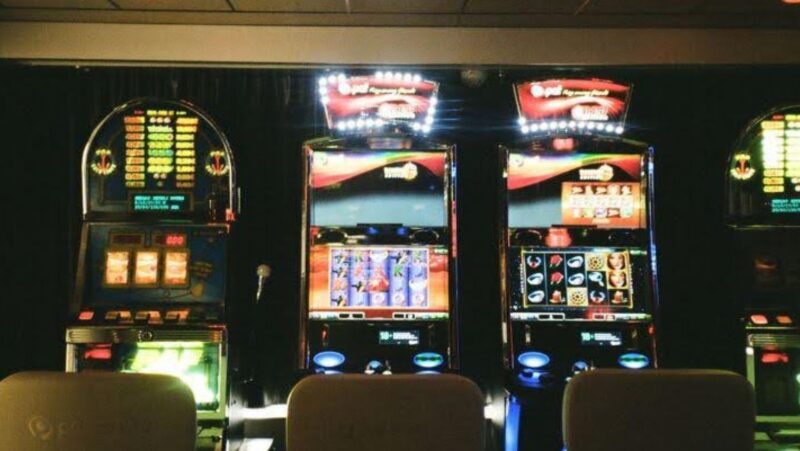
Card games like blackjack and poker have captivated players for centuries. While their classic versions remain beloved, both games now offer a range of modifications that add fresh dynamics, alter odds, and shape the player experience. These variations make each game accessible to a broader audience and keep gameplay engaging. This article explores some popular modifications in blackjack and poker, examining how each one affects the odds and the experience for players.
Blackjack Variants and Their Impact on Odds
Blackjack, traditionally a straightforward game of reaching 21 without busting, has evolved into various modifications. Each variant brings unique rules that can either favor the house or improve a player’s odds. Here are some popular blackjack variations and how they influence the game:
Spanish 21
In Spanish 21, all ten-value cards (the tens) are removed from the deck. This absence decreases a player’s chances of hitting a 21 naturally, slightly increasing the house edge. To counterbalance, Spanish 21 often allows players to double down after any number of cards, surrender at any time and gives better payouts for hands like 5-card 21 or 6-7-8 combinations.
- Impact on Odds: The removal of tens increases the house edge by about 0.4%, although player-friendly rules often help to even the odds. Skilled players can employ strategies unique to Spanish 21 to mitigate the house advantage.
- Player Experience: Spanish 21 offers more decision-making opportunities, making it an attractive choice for those who enjoy strategic gameplay and want more flexibility than traditional blackjack.
Blackjack Switch
In Blackjack Switch, live casino Malaysia, players play two hands at once and can switch the top two cards between hands to optimize their odds. This variant allows players to create stronger hands but has a catch—dealer 22, which results in a push against any non-bust player’s hands, which significantly boosts the house edge.

- Impact on Odds: Switching cards provides a strategic edge, but the “dealer 22 push” rule increases the house edge by around 0.5%.
- Player Experience: Blackjack Switch is exciting for players who appreciate having more control over their hands. The added layer of strategy makes it appealing to seasoned players, although beginners might find it more challenging.
Double Exposure Blackjack
In Double Exposure Blackjack, both of the dealer’s cards are dealt face-up, giving players a clear advantage. However, to compensate, blackjack only pays even money (instead of the typical 3:2), and ties often go to the dealer.
- Impact on Odds: The full visibility of the dealer’s hand reduces the house edge by around 0.2%, but the even-money blackjack payout and dealer tie-win tilt the odds back toward the casino.
- Player Experience: Double Exposure provides transparency and is popular among players who dislike the “hidden card” element of standard blackjack. With fewer unknowns, this variant feels less suspenseful but more tactical, making it appealing to players who thrive on open information.
Poker Variants and Their Impact on Gameplay
Poker’s live game casino Malaysia rich variety of modifications brings endless strategic diversity, appealing to a broad range of skill levels. While all poker variants involve skill, chance, and psychology, each one carries unique features that impact odds and player engagement. Here are some key poker variants and how they affect the player experience:
Texas Hold’em
- Impact on Odds: Texas Hold’em is known for its deep strategic complexity. The pre-flop, flop, turn, and river stages create an odds landscape that evolves as cards are revealed, requiring players to adjust their strategies constantly.
- Player Experience: The open structure of Texas Hold’em allows players to assess opponents’ hands and adjust strategies based on visible cards, which adds an intense psychological component. This variant attracts competitive players who appreciate its blend of skill and chance.
Omaha
- Impact on Odds: With more cards in play, Omaha’s hands tend to be stronger on average. This setup slightly reduces the role of pure luck, creating a higher emphasis on strategic betting.
- Player Experience: Omaha is often described as a more intense version of Hold’em, with stronger hands and more varied possibilities. It rewards players who enjoy analyzing multiple potential outcomes and adds a layer of excitement for those looking for a challenge.
Seven-Card Stud
- Impact on Odds: With no community cards, Seven-Card Stud favors players who can remember folded cards and track opponents’ up-cards effectively. This game is less about probability calculations and more about memory and observation.
- Player Experience: Seven-Card Stud appeals to players who prefer a slower-paced, information-rich game that relies on memory and deduction. It’s well-suited for those who enjoy a challenge but may feel outdated to fans of faster, community-card poker games.
Short Deck Hold’em (Six Plus Hold’em)
- Impact on Odds: Short Deck Hold’em is fast-paced, with a higher likelihood of strong hands and frequent betting action. It significantly changes traditional Hold’em odds, favoring hands like straights and flushes.
- Player Experience: The increased chance of big hands and the altered rankings create a high-stakes feel, making Short Deck Hold’em exciting for players looking for a fast, action-packed version of poker.
Conclusion
Game modifications in blackjack and poker add wide variety, influencing odds and altering player experiences. From the strategic flexibility in Blackjack Switch to the high-stakes excitement of Short Deck Hold’em, these variants offer something for everyone.



